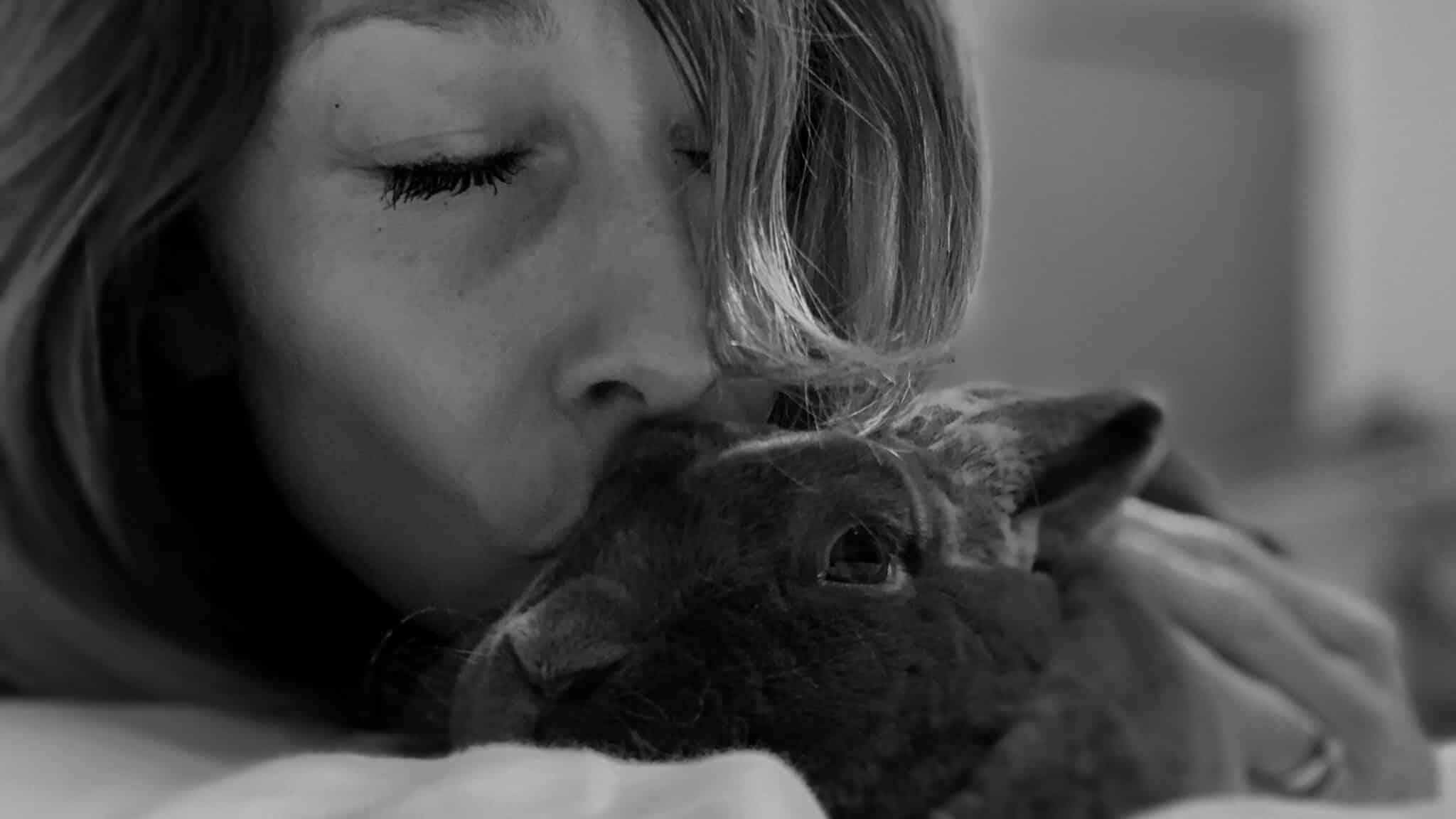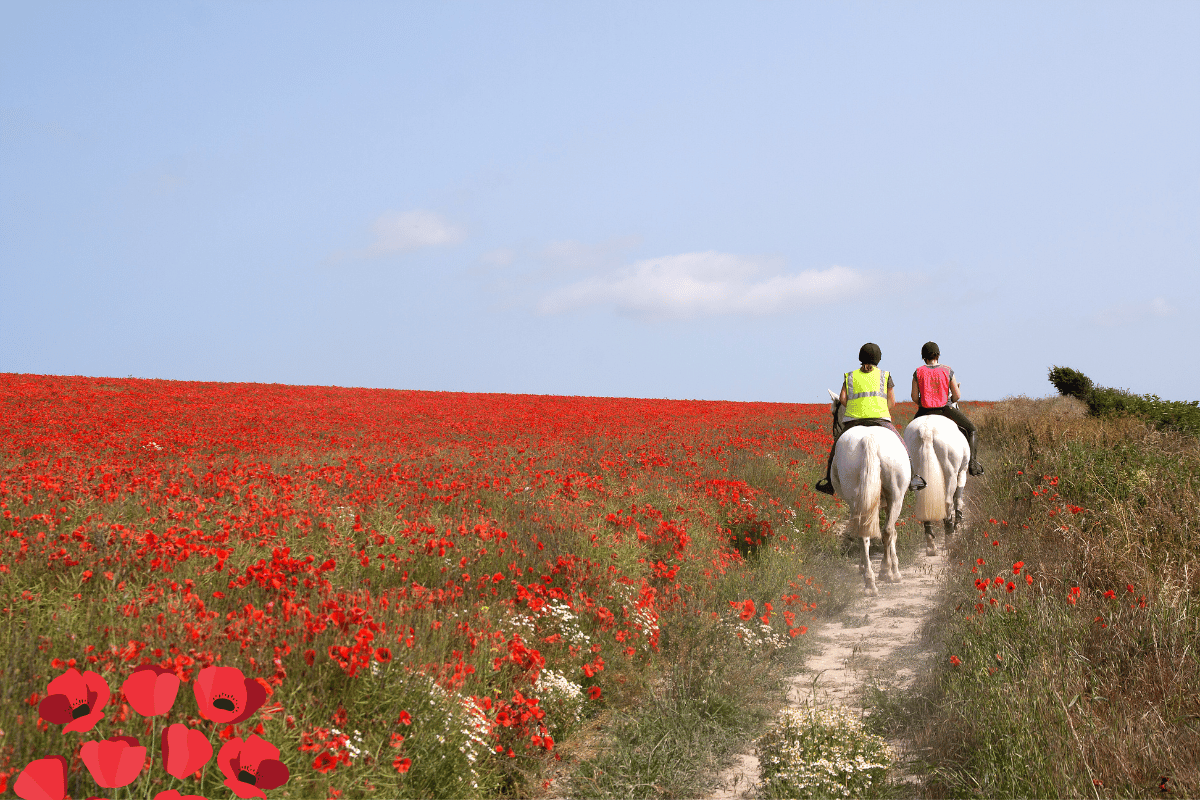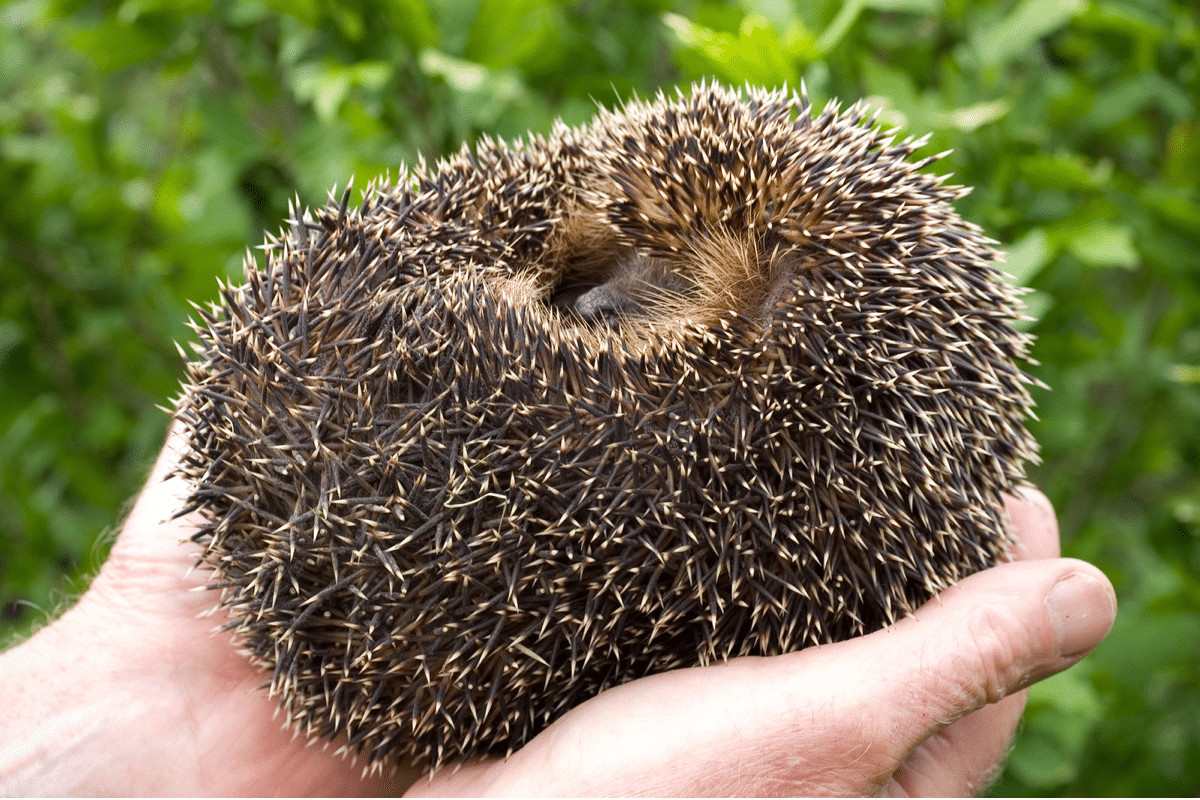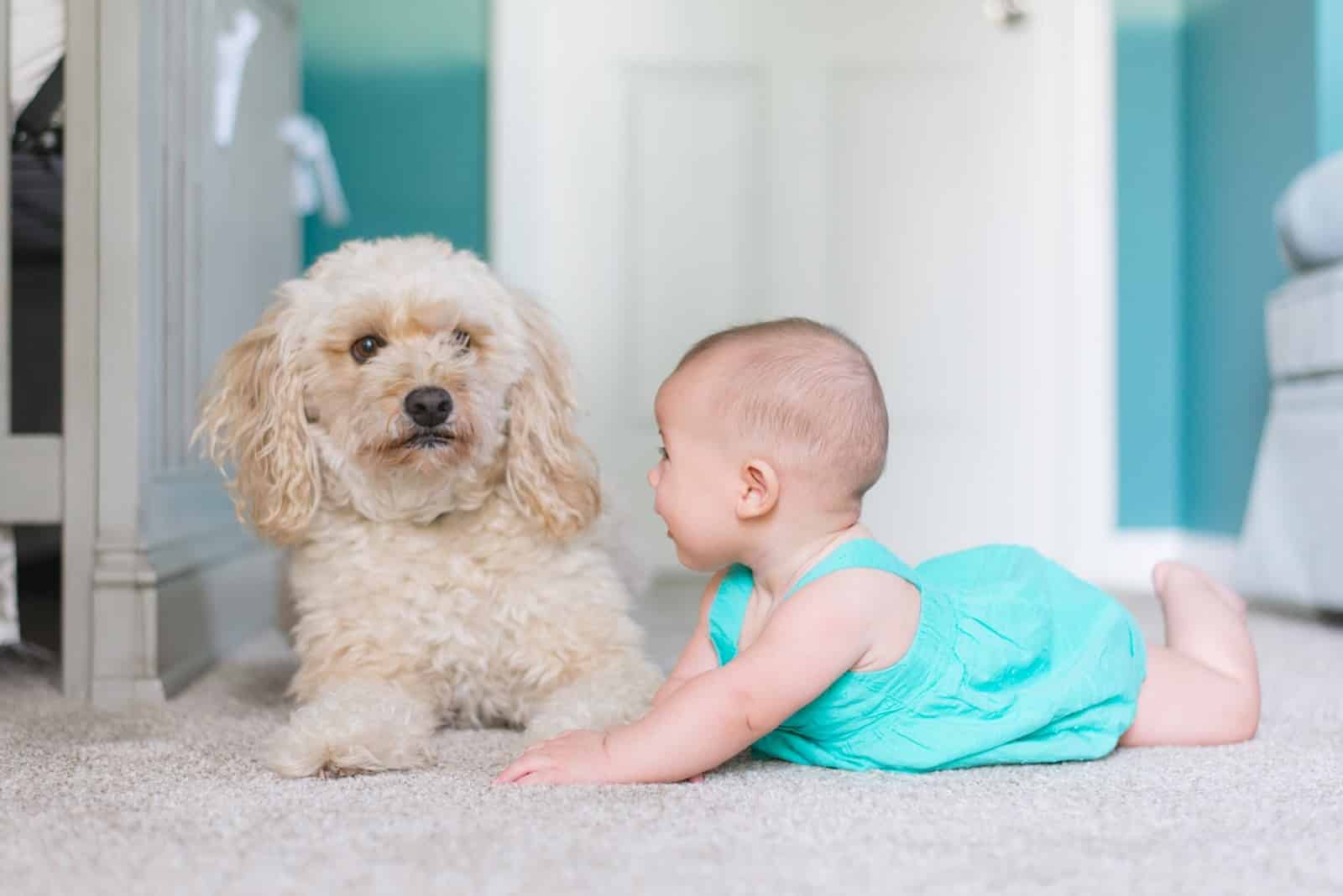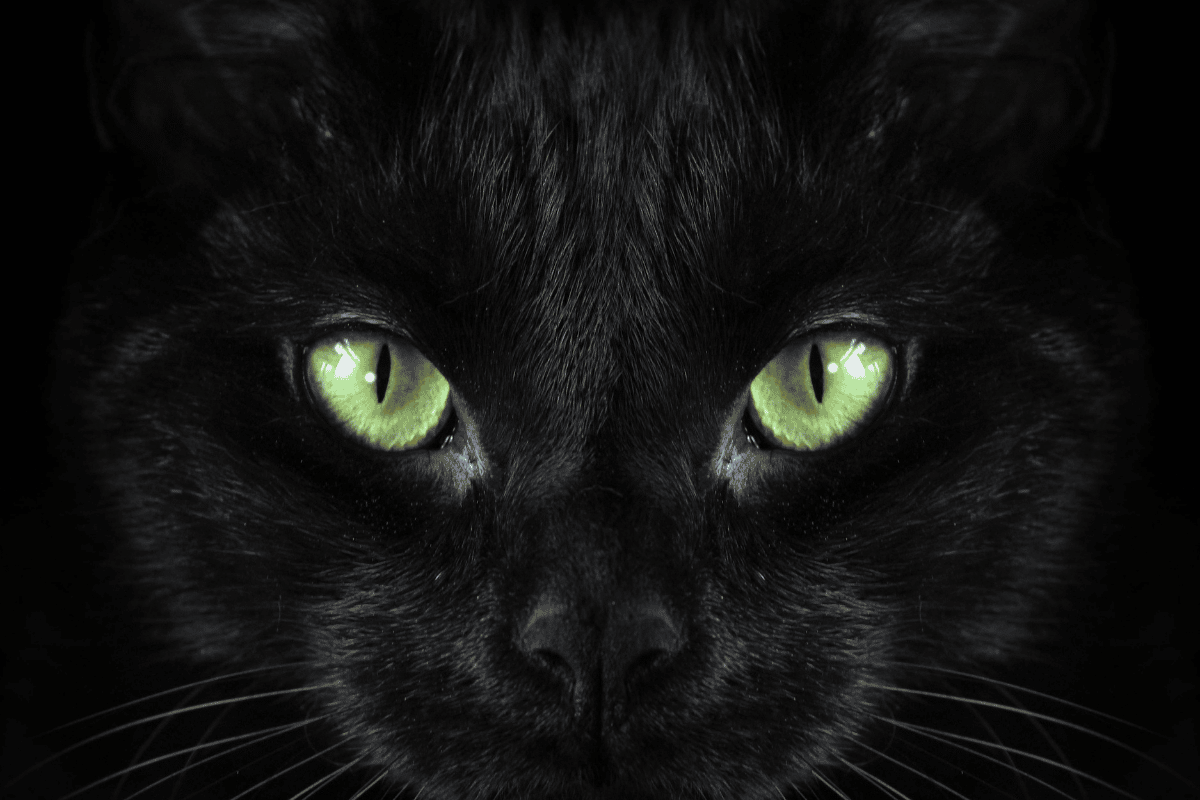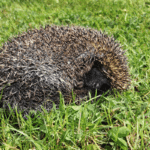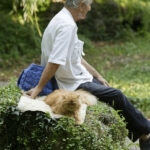[spb_text_block pb_margin_bottom=”no” pb_border_bottom=”no” width=”1/1″ el_position=”first last”]
[/spb_text_block] [spb_text_block pb_margin_bottom=”no” pb_border_bottom=”no” width=”1/1″ el_position=”first last”]
What are safe foods for Rabbits?
Plants, fruit and vegetables are key to giving your bunny a balanced diet. But which of these foods are safe for rabbits to eat? Our guide has all the facts on the best foods for your rabbit.
Are you new to keeping rabbits? Unsure about what to feed them? With the sheer amount of information available online, it’s hard to see the wood from the trees.
As you know, a rabbit’s diet is key to a long and healthy life. Above all, they should have unlimited amounts of hay – Timothy or Meadow Hay) and water. High-quality nuggets are also recommended as an easy source of essential nutrients and natural antioxidants.
As part of a balanced diet, rabbits also love a wide range of fresh fruit and vegetables. But not all fruit and veg are safe for rabbits to eat. Some can make for a tasty snack while others can cause upset tummies or even be poisonous to bunnies.
As a general rule, we recommend never feeding a bunny food that you aren’t 100% confident is safe. If in doubt, don’t risk it.
If you’re wondering how much of your grocery shop you can feed to your bunny, our guide has got you covered.

How often should rabbits be fed?
Rabbits are grazers and should always have a fresh supply of hay and clean drinking water. Timothy hay pellets should be given in small quantities twice a day.
The amount of pellets you feed your rabbit will depend largely on its weight.
An average-sized rabbit (6-10 pounds) only needs one-quarter of a cup every day. According to Best Friends Animal Society, rabbits under five pounds only need an eighth. If your rabbit exceeds 10 pounds in weight, one-quarter of a cup will suffice.
Splitting the amount into two servings for morning and late afternoon will break up their daily intake of food.
A good rabbit diet includes a daily selection of fruit and vegetables. As early as 3 months old, you can begin to add vegetables into your bunny’s diet one at a time.
Once your rabbit is familiar with a variety of veg, try to give them 2-3 different kinds daily in small portions. A diverse mix is essential in getting the right balance of vitamins and nutrients.
What does that look like in practice? This video from 101Rabbits gives a good idea of portion-sizes when it comes to veggies and hay.

Can you overfeed your rabbit?
When your bunny looks at you with those big eyes, it’s hard to say no. Just one more carrot stick can’t harm, can it? A couple more pellets?
It might not seem like much, but overfeeding your rabbit can cause health problems. Obesity in rabbits can lead to heart issues: achieving a balance is key.
As a general rule, you should avoid feeding your rabbit more than a quarter of a cup of pellets. Fresh greens are important, but too much can cause diarrhoea, which can be dangerous in some cases. No more than 3 different types should be given daily.
When litter training your rabbits, give your pet one treat at a time as a reward for good behaviour. If fed high quantities of high-calorie foods, rabbits can become overweight. This video shows a good example of using treats in training.
Rabbits have a sweet tooth and adore eating treats high in sugar. It should go without saying that human food such as chocolate is not safe for your rabbit. Instead, bunnies prefer natural treats such as carrots, broccoli, dried flowers and leaves.
Treats such as a small quantity of Nature’s Salad can be fed daily to enrich your rabbit’s diet.
Be sure to check with your vet about the types of treat allowed and always introduce new foods one by one.
Foods that can harm or kill your rabbit
Rabbits have a very unique digestive system compared to other mammals. As herbivores, they eat a variety of plants in large amounts. Their digestive system helps them to do this by processing fibre faster.
This is called hindgut fermentation – a method also shared by chinchillas, guinea pigs and horses. The downside for rabbits is a hyper-sensitive digestive system. Even too many leafy greens can cause an upset tummy.
Extra caution from bunny guardians is critical, as many items of food loved by humans can be toxic to rabbits. This video from PETA highlights a handful of those you should avoid as shown in our list below. The following list is not exhaustive but includes the main foods that are unsafe for rabbits.
Chocolate
Just as it is to dogs, chocolate is a big no-no for bunnies. This is because it contains theobromine and caffeine – two compounds that are extremely harmful to rabbits. The higher the cacao content, the riskier it is for your rabbit – but even white chocolate can be lethal.
Indoor rabbit owners should be mindful to never leave chocolate unsealed.
If you discover that your rabbit has ingested some chocolate, these are the common symptoms to look out for as listed by the PDSA:
- Diarrhea. Vomiting would usually apply, but rabbits cannot vomit
- Restlessness
- Squirming when you try and touch their tummy
- Trembling and panting
- High temperature
Humans may love it, but chocolate has no place in your pet rabbit’s diet.
Avocado
Synonymous with millennial culture, avocados contain a chemical called persin. According to rabbit.life, persin can be deadly to bunnies. If ingested, this toxin can cause breathing trouble and heart complications.
Even the smallest serving of avocado is not recommended.
Yoghurt Drops
They may seem appetising, but these treats are not recommended. According to Rabbit.org, yoghurt drops like those commonly given to cats can be lethal to rabbits. Their research suggests milk or yoghurt drops can contribute to enterotoxemia – a toxic overgrowth of ‘bad’ bacteria.
Iceberg lettuce
While most lettuce leaves are safe for eating, iceberg lettuce contains lactucarium. If consumed in large quantities, this chemical can be harmful to rabbits. Generally speaking, light coloured salads offer little in the way of nutritional value.
Darker, more leafy varieties such as Romaine are much better for your bunny as they are high in fibre.
Rhubarb
Rhubarb makes for a delicious treat for humans. For rabbits, this plant can be deadly. When ingested, rhubarb can cause rabbits to become dehydrated and lethargic. In some cases, they will become sick and stop eating or vomit as a result.
Because of this, we recommend never to feed your rabbit any part of the rhubarb plant.
Seeds, pits and pips
Apples are a tasty snack for bunnies. Their seeds, however, contain a compound that is poisonous to rabbits. When feeding your pet apple as a treat, always check that seeds have been removed.
The same is true of apricot, peach and plum pits due to the trace amounts of cyanide. Rabbits should never be given fruit containing seed or pit just in case.
Cereal
Cereal such as granola and muesli containing maize and seeds can be harmful to your rabbit’s tummy. It can also lead to tooth problems, so should be avoided as a general rule. While a cornflake is unlikely to kill your rabbit, we don’t recommend this as a treat.
Hamster food
They may be in the same aisle in the supermarket, but hamster and rabbit food is very different – and with good reason. Both animals have very different nutritional requirements.
It may be a cost-effective option, but rabbits need more fibre than hamster food provides. High-quality hay, a selection of herbs, fruit, veg and timothy hay pellets makes for a healthy diet for your rabbit.
Hamster food is not deadly or harmful, but it should never be your rabbit’s sole source of food.
Walnuts
Walnuts are a healthy source of fat for humans. For rabbits, the high fat content only leads to painful indigestion. Though not necessarily toxic, we would recommend opting for fresh hay instead.
High carb food like bread, pasta or crackers
If ingested, foods high in carbs such as bread and pasta can cause bloating in bunnies, so it’s best to avoid these. Any foods with artificial sweeteners should also be ruled out, as they can cause enterotoxemia – a dangerous condition for rabbits. If you want to treat your rabbit, try a piece of green pepper or some crunchy cucumber.

Which plants are poisonous to rabbits?
Outdoor rabbits love to graze on nature’s garden when frolicking around. To those new to bunny care, a garden brimming with flowers and foliage may seem like a great place for free rabbit snacks.
While a fresh patch of grass will be beneficial to your bunny’s diet and digestive system, not everything that grows outside is safe for your rabbit.
Keeping your rabbit healthy requires caution from outdoor bunny owners. To help protect them from harmful plants, extra care is needed to make sure none of the following plants are growing in your garden.
If your rabbit does happen to ingest a harmful plant, take them to the vets immediately. Once eaten, these plants can cause serious complications and quick action is critical in minimising the risk.
- Aloe
- Apple seeds
- Apricot plants (except the fruit)
- Avocado leaves
- Azalea leaves
- Begonia
- Calendula
- Cherry trees
- Chrysanthemum
- Cyclamen
- Eucalyptus
- Holly
- Hydrangea
- Ivy
- Juniper
- Lilies
- Milkweed
- Mistletoe berries
- Nutmeg
- Oak foliage
- Poison Ivy and Oak
- Primrose
- Rhododendron
- Sweet Pea and Potato
- Tomato leaves and vines
- Violet seeds
What vegetables are safe for rabbits?
Rabbits love nibbling on leaves and stalks and roots as part of a healthy diet. Whether you keep your rabbit indoors or outdoors, ensuring a good mix of greens is key to daily rabbit care.
But which vegetables are safe for rabbits to eat? It’s not always easy to find a straight answer. This video shares the common favourite fruit and veg for bunnies, but there are plenty more that are safe to serve your pet.
When doing your regular grocery shop, keep the following greens in mind – these veggies can all be fed to bunnies in varying quantities:
- Asparagus
- Basil
- Broccoli
- Brussel Sprouts
- Cabbage
- Carrots and carrot tops – as an occasional treat
- Cauliflower leaves and stalks
- Celery
- Chicory
- Coriander
- Courgette
- Cucumber
- Dandelion (only small amounts)
- Dill
- Kale
- Parsley
- Parsnip
- Radish
- Red cabbage
- Romaine lettuce
- Rocket
- Salad peppers
- Savoy cabbage
- Spinach
- Turnips
- Tomato (avoid the leaves)
- Watercress
When introducing a new vegetable, start with small quantities. Too much too fast and you could easily upset the balance of their digestive flora. This can lead to the growth of toxin-producing bacteria which can make your rabbit very sick.
We recommend introducing vegetables to your rabbit’s diet one by one. Should your pet experience a bad reaction, you will know exactly what food has caused it.
When it comes to root vegetables such as carrots and turnips, it’s best to limit the amount to occasional treats. Carrots, in particular, are high in sugar, which could be bad for your bunny’s teeth.
What fruit is safe for rabbits?
If they could, rabbits would indulge their sweet tooth and eat fruit instead of hay. Depending on the kind, fruit can make for a delicious, sugary snack for your bunny. Due to their sugary nature, it’s best to limit their intake of fruit to one a day.
There are plenty of sweet treats offered by the natural world, some safer than others. Before you start preparing a fruit salad for your furry friend, we suggest you get clued up on what a rabbit can and can’t eat.
The following fruit is safe for rabbits:
- Apples
- Apricot
- Banana
- Pear
- Blueberry
- Blackberry
- Cranberry
- Currants
- Grape
- Kiwi
- Mango
- Melon
- Olive
- Raspberry
- Strawberry
Remember, fruit may be a source of natural sugar, but too much can still cause problems for bunnies. As discussed on Rabbit.org’s guide to treat foods, excessive sugar can lead to bacterial imbalance and gi stasis, and the same can occur after too much fruit. On a daily basis, try to stick to vegetables, herbs, grass and edible flowers to complement their hay.

What to feed your pet rabbits
Ensuring your bunny gets a diverse mix of high fibre foods with the right nutrients is key to a healthy diet. If you are new to keeping rabbits, the do’s and don’ts of their diet can be overwhelming.
In practice, a little guidance can go a long way in ensuring a healthy, balanced diet. We hope this guide can help to provide practical advice on what food is safe for your pet rabbit.
Key takeaways on safe foods for rabbits
- Hay or grass should make up the bulk of a bunny’s diet – their digestive systems depend on it. Always ensure a fresh, unlimited supply is available for grazing throughout the day.
- If you aren’t sure whether an item of food is safe for your rabbit, it’s best to refrain. Next time you see your vet, ask them about feeding your rabbit and what to avoid.
- Bunnies have delicate digestive systems. When introducing new fruit or veg, start small and introduce one new food at a time for caution.
- No matter your bunny’s tastes, it’s important to keep a close eye on the amount they eat and drink. If you notice a change in their eating habits, it could be an indication of a potential health problem.
If you have any thoughts to add to this guide or questions about safe foods for rabbits, don’t hesitate to comment below. For more tailored advice on the best diet for your bunny, it’s best to consult with your vet.
[/spb_text_block] [spb_raw_html width=”1/1″ el_position=”first last”]JTNDc3BhbiUyMGNsYXNzJTNEJTIyY2xlcmslMjIlMjBkYXRhLXRlbXBsYXRlJTNEJTIyJTQwbGFuZGluZy1wYWdlLWJsb2clMjIlMjBkYXRhLWtleXdvcmRzJTNEJTIycmFiYml0JTIwZm9vZCUyMiUzRSUzQyUyRnNwYW4lM0UlMjA=[/spb_raw_html] [spb_raw_html width=”1/1″ el_position=”first last”]JTNDc2NyaXB0JTIwdHlwZSUzRCUyMnRleHQlMkZqYXZhc2NyaXB0JTIyJTIwc3JjJTNEJTIyJTJGJTJGZG93bmxvYWRzLm1haWxjaGltcC5jb20lMkZqcyUyRnNpZ251cC1mb3JtcyUyRnBvcHVwJTJGdW5pcXVlLW1ldGhvZHMlMkZlbWJlZC5qcyUyMiUyMGRhdGEtZG9qby1jb25maWclM0QlMjJ1c2VQbGFpbkpzb24lM0ElMjB0cnVlJTJDJTIwaXNEZWJ1ZyUzQSUyMGZhbHNlJTIyJTNFJTNDJTJGc2NyaXB0JTNFJTNDc2NyaXB0JTIwdHlwZSUzRCUyMnRleHQlMkZqYXZhc2NyaXB0JTIyJTNFd2luZG93LmRvam9SZXF1aXJlJTI4JTVCJTIybW9qbyUyRnNpZ251cC1mb3JtcyUyRkxvYWRlciUyMiU1RCUyQyUyMGZ1bmN0aW9uJTI4TCUyOSUyMCU3QiUyMEwuc3RhcnQlMjglN0IlMjJiYXNlVXJsJTIyJTNBJTIybWMudXM1Lmxpc3QtbWFuYWdlLmNvbSUyMiUyQyUyMnV1aWQlMjIlM0ElMjIwZjE0MzI1NWQwYWRlOWZkOTQ3OTI3YzkyJTIyJTJDJTIybGlkJTIyJTNBJTIyYzlhYjBjY2U4OCUyMiUyQyUyMnVuaXF1ZU1ldGhvZHMlMjIlM0F0cnVlJTdEJTI5JTIwJTdEJTI5JTNDJTJGc2NyaXB0JTNF[/spb_raw_html]





